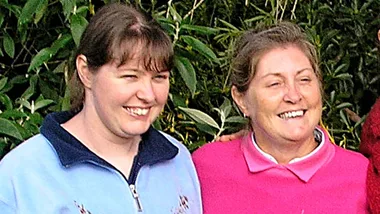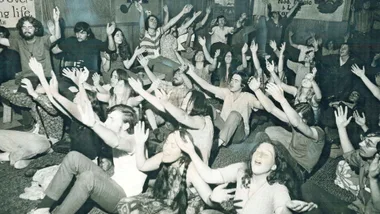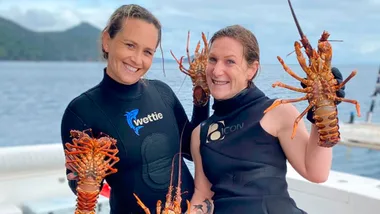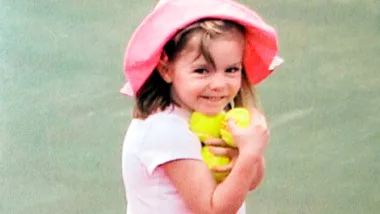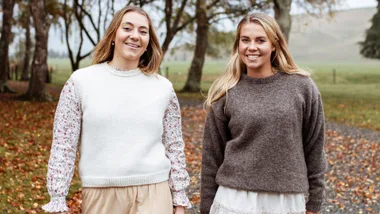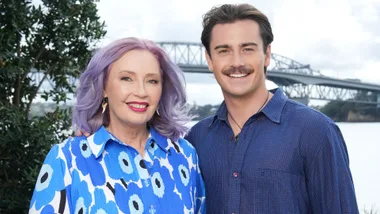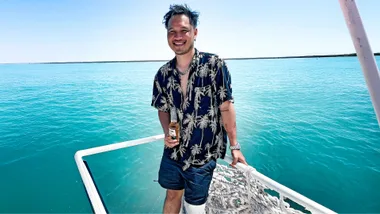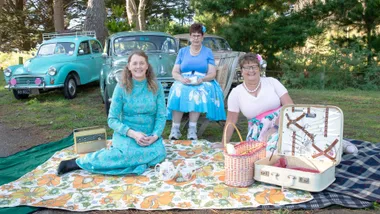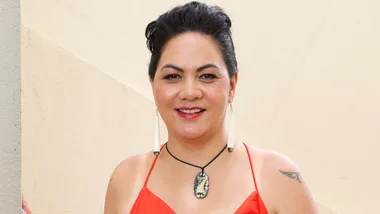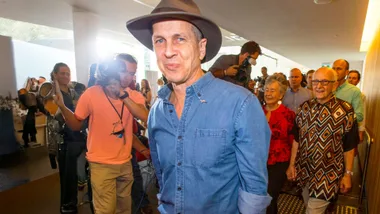Three resourceful ladies of the land sat down with the Weekly to share what life looks like for them, ahead of International Day of Rural Women this week
Sarah Martelli, Reporoa
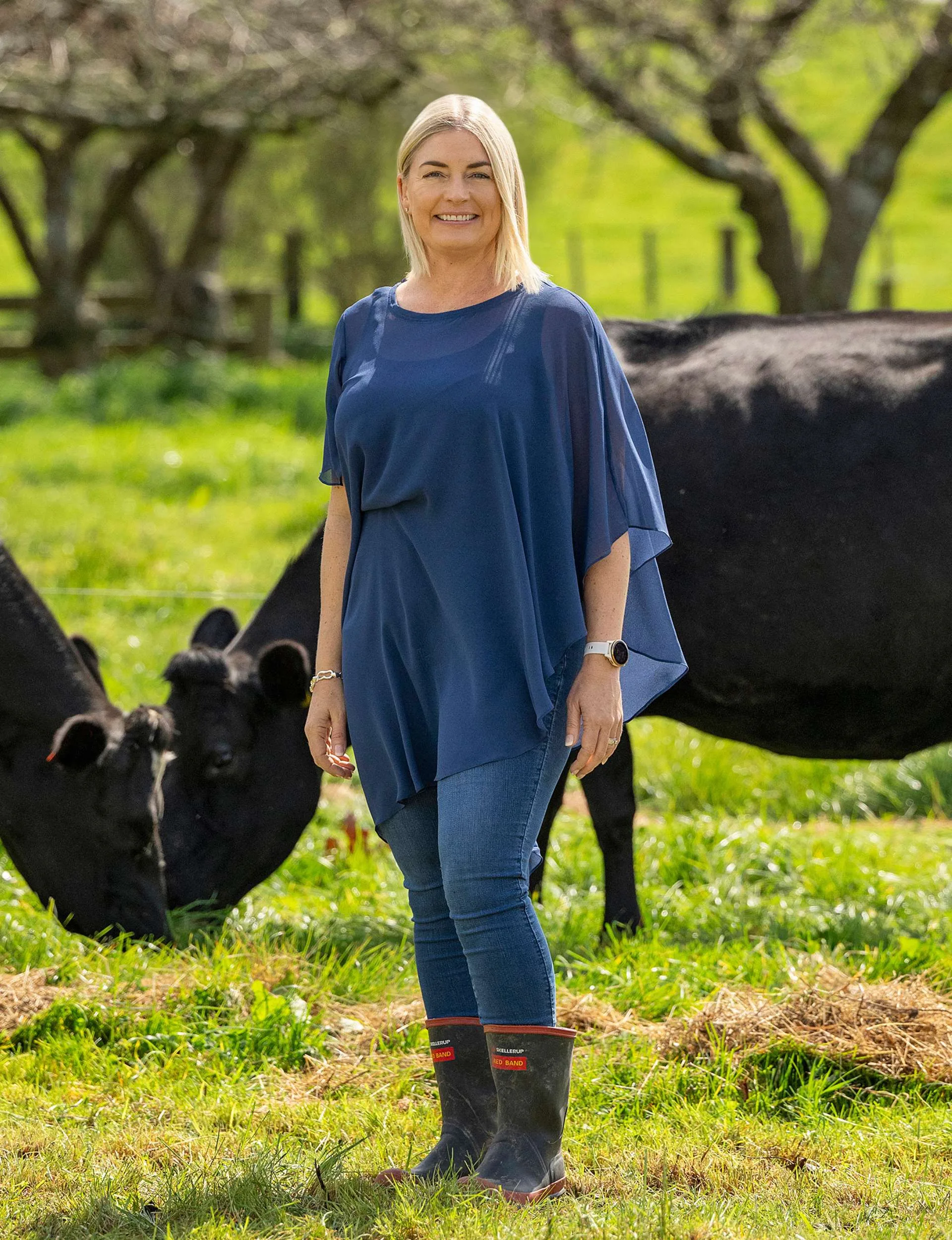
Imagine rural New Zealand women and chances are images of a practical, competent lass up early milking the cows, driving the quad bike and running the family home come to mind.
And while Sarah Martelli can do all of these things, after 11 years living on her 400-cow Reporoa dairy farm, she has learned that being a rural woman doesn’t have to mean a life devoted only to the farm.
“Lots of my rural friends work on the farm full- time with their husbands, milking and rearing calves, and they’re brilliant at it. It’s hard work and I really respect and admire them,” enthuses Sarah, 44, who married fourth-generation dairy farmer Mathew, 44.
“I 100 percent support him and help on the farm when it’s needed. However, I want to have my own career too. I feel like maybe some women feel guilty for wanting that and I don’t think they should. At the end of the day, we just want to be happy and fill our own cups too.”
Sarah is quick to add that farm life has provided a wonderful upbringing for her children Grace, 14, Ruby, 12, and Charlie, 11, which she wouldn’t change for the world.
But raising young children in an isolated location, she struggled in the past with the self-imposed expectations of being a “good rural woman”.
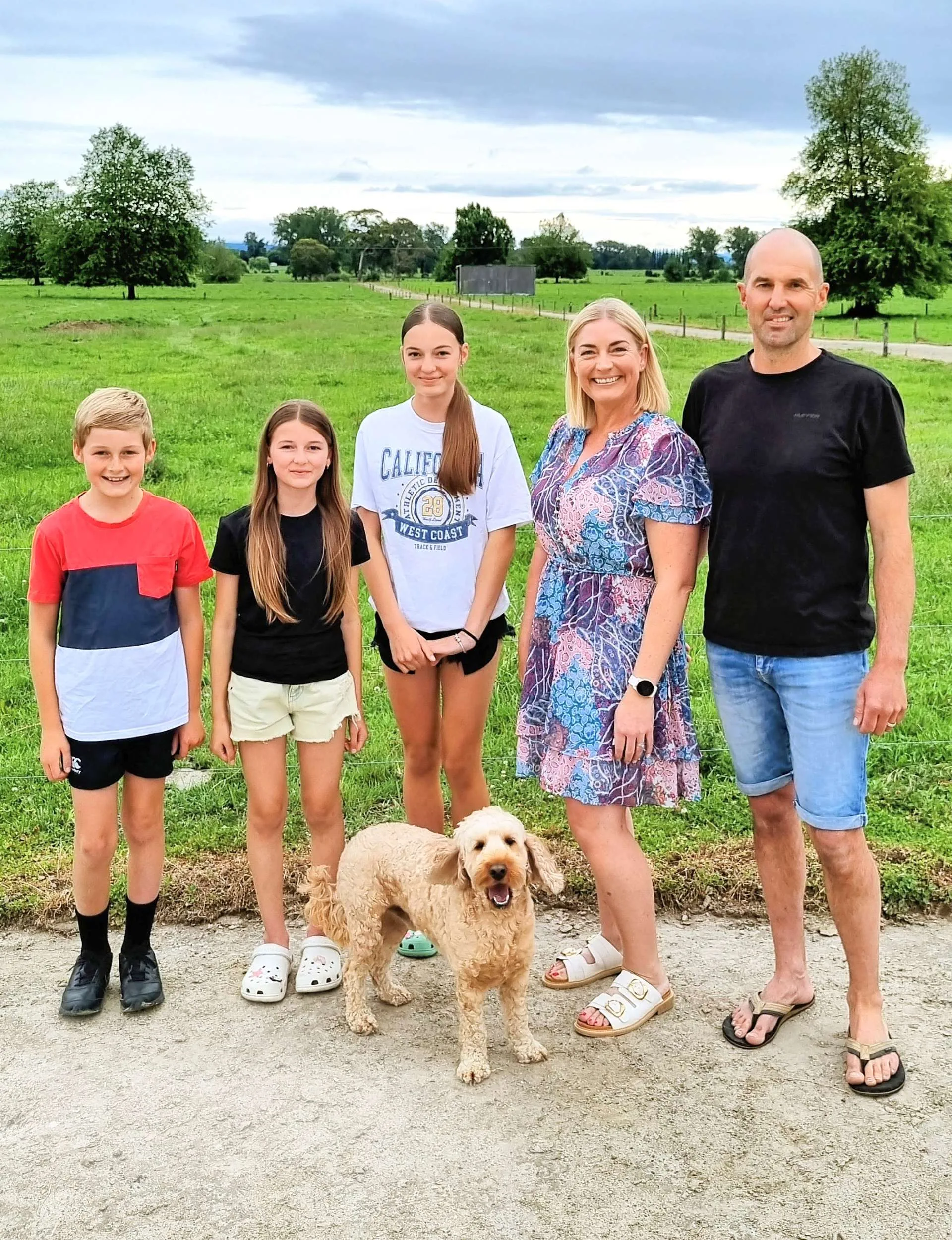
Everything came to a head in 2016. What Sarah first thought was a stitch while out running, didn’t go away, instead rapidly developing into “horrible pain”.
Unbeknown to Sarah, it turned out she was experiencing a molar pregnancy. A tumour had developed inside the uterus instead of a placenta. In most cases it’s successfully treated with low-grade chemotherapy.
“The problem was the chemo didn’t work for me. It spread and turned into choriocarcinoma, a more serious cancer,” explains Sarah, who underwent seven months of intensive treatments.
“I wouldn’t wish that time in my life on anyone. It was really tough on our whole family, juggling the farm with three young kids and me being so unwell. Yes, it’s a part of my journey, but I don’t let it define me.”
As Sarah battled to regain her strength in recovery, she saw a chance to inspire other rural women while finding meaning and purpose outside of the farm.
“Anyone who has gone through cancer treatment knows the following year, getting your health and fitness back when you’re so weak and have been through so much is a real process.”
Sharing the journey through social media, Sarah went on to start online fitness business Strong Woman and became a qualified personal trainer, nutrition coach and Pilates instructor. “I loved it – all the amazing ladies I met and connections I made,” says Sarah, who also hosted in-person Strong Woman events and group fitness classes.
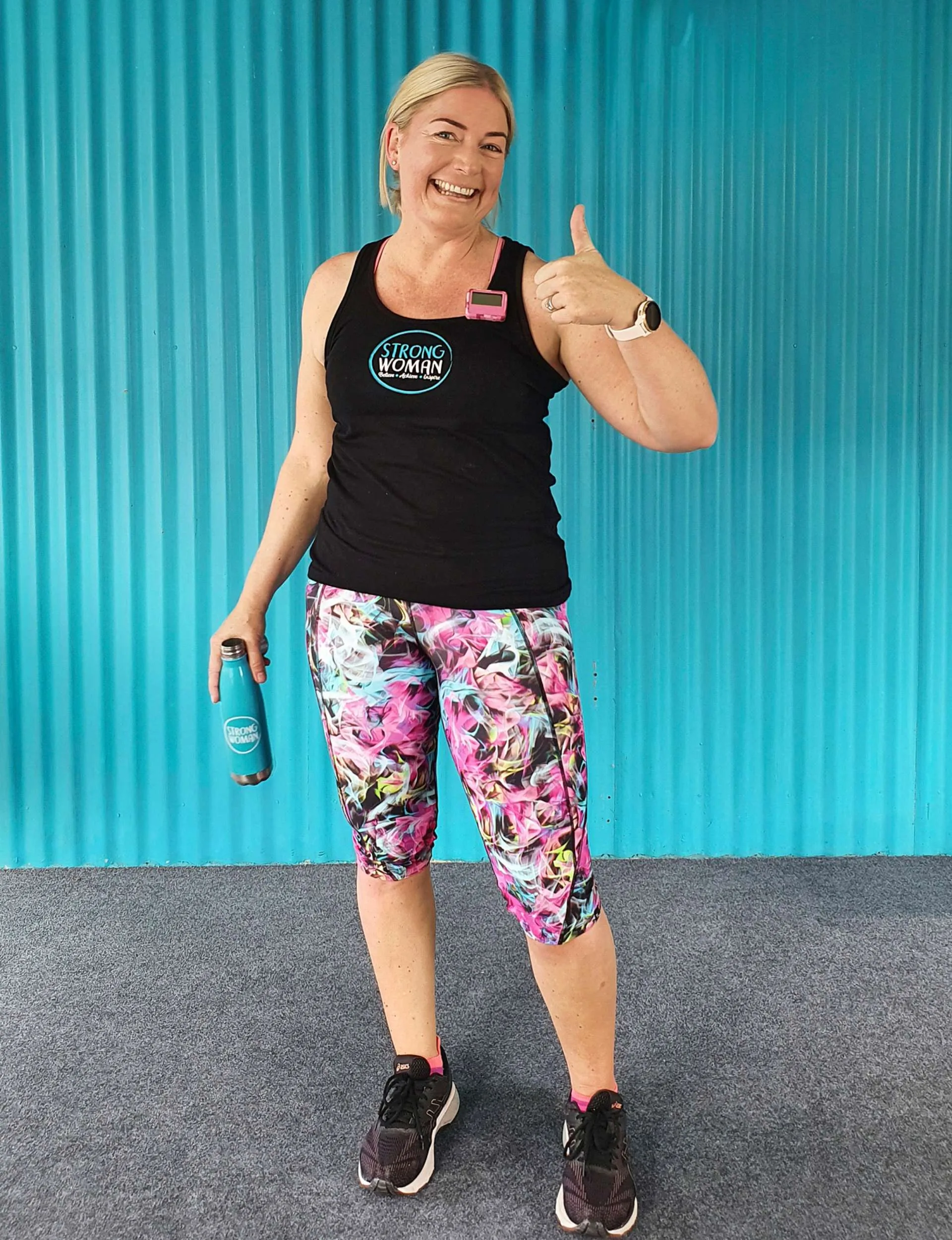
Having a positive impact on so many other women’s lives was incredibly rewarding, but Sarah has always believed in seizing every opportunity. And surviving cancer only proved to her, “Life’s too short not to go for it.”
So in 2022 when the chance came to return to her pre-children travel agent career, she took her own advice.
“It was a huge decision to make, because I really loved Strong Woman and I hadn’t been in an office for 10 years, but I knew I needed to explore it.”
And it has been one of her best decisions to date. When Sarah chats with the Weekly, she has just recently returned from trips to Australia, Singapore and Europe.
Last year the whole family went on a dream holiday to Vietnam and she can’t wait for more adventures abroad – although nowhere beats home.
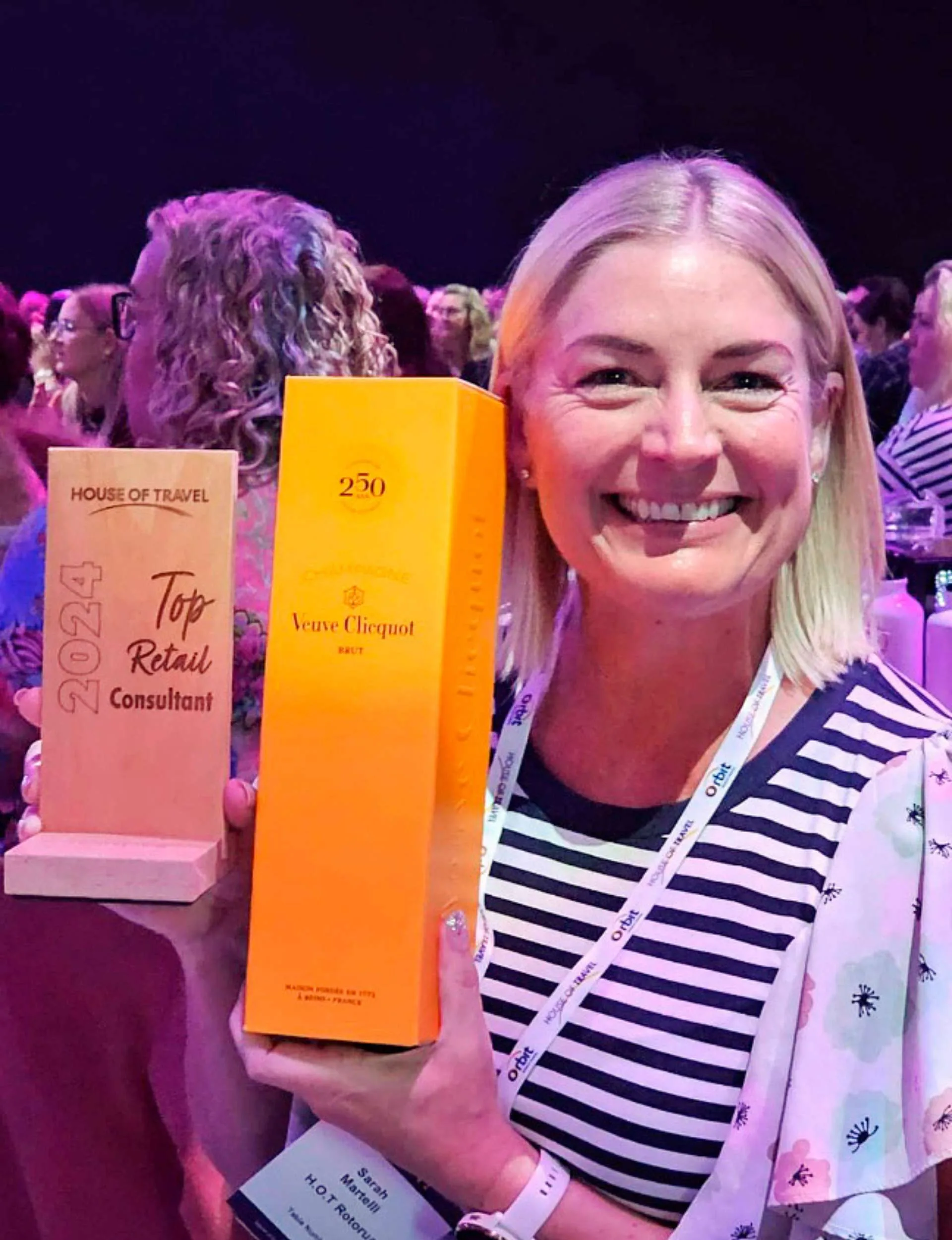
“Coming back to the quiet of the farm, the space and the fresh air… we’re very lucky in New Zealand, for sure,” smiles the House of Travel Rotorua senior consultant.
Sarah admits there’s always mum guilt and challenges but with the farm, family, her dream career and Mathew supporting her every step of the way, she feels she’s finally thriving.
And her advice to other women struggling with the expectations of rural life?
“I know it’s easier said than done, especially if you have wee kids at your feet, but what lights you up? What are your passions? And if you really can’t stop thinking about something, go for it.”
For more insights on rural life and travel inspiration with Sarah, follow her Facebook and Instagram pages.
Gina Schick, Cambridge
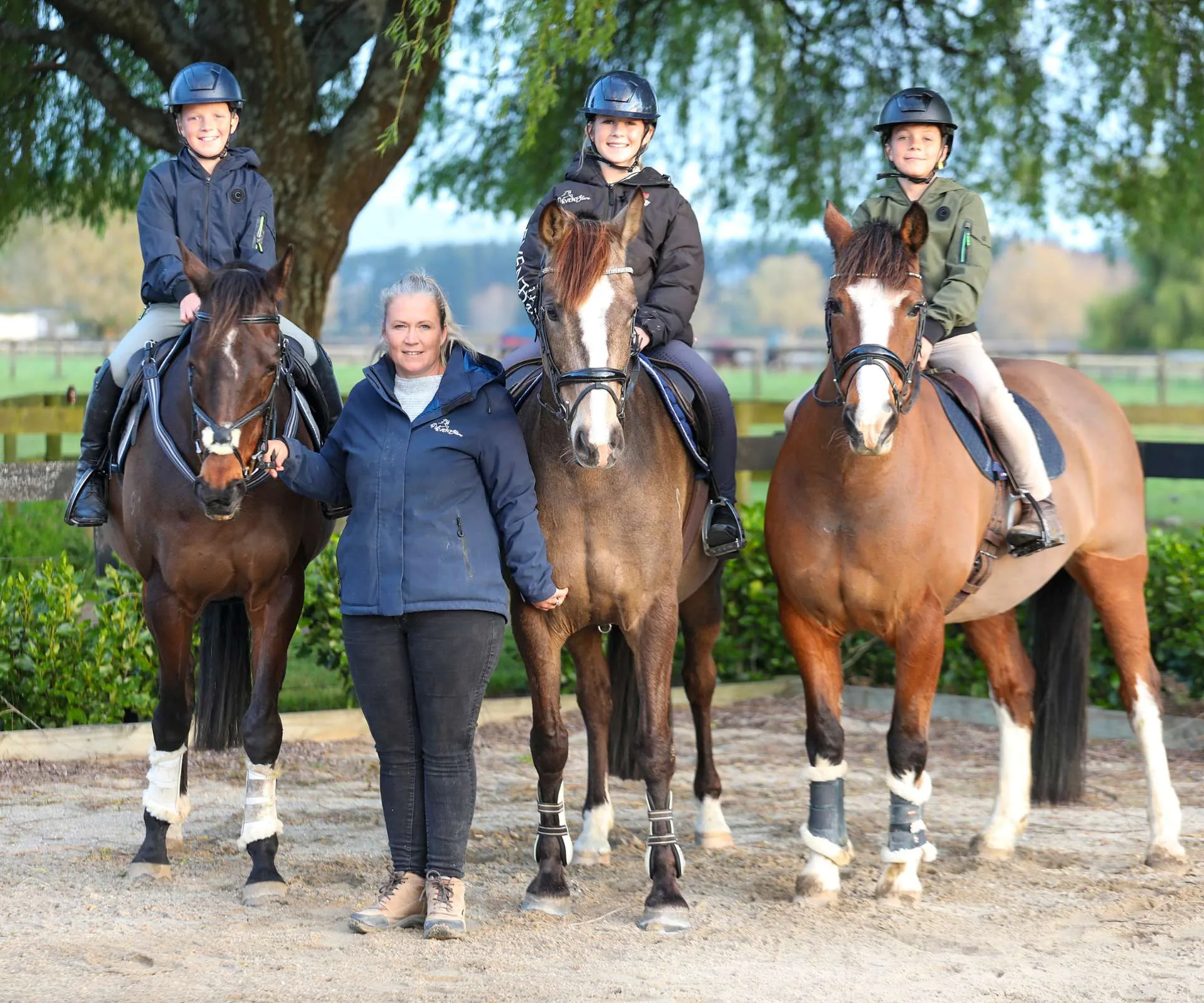
Gina Schick describes herself as a career advisor for out-of-job thoroughbred racehorses.
Often retired from the track by the age of five or six, the horses still have 10 or more years of working life ahead of them, so Gina plays equine matchmaker.
“You’re figuring out what they’re good at and who they’ll suit,” explains Gina, 39. “They’re a versatile breed that turn their hooves to a variety of roles, from therapy horses to competing across a range of disciplines at top level internationally and nationally – and being people’s best friends.
“I genuinely care about the horses and what makes them happy, and I am happy to have horses back if they don’t work out.”
Gina started riding at seven as a “completely horse-mad child in a non-horsey family”.
At 20, she was funding a Waikato University law degree by breaking in wild Kaimanawa ponies. She loved it so much she dropped out of law.
Now her Cambridge company EventStars rehomes more than 250 Kiwi and international thoroughbreds a year. It also has a contract with the Hong Kong Jockey Club, who fly their retired racehorses to New Zealand.
“I retrained and rehomed Artist, one of the highest-rated thoroughbreds in the world. He was second reserve for the Paris Olympics.
“Where else they would be is the unknown question,” she ponders. “Some thoroughbreds would be afforded retirement homes and some of them wouldn’t.”
Horses are a family affair. Together with her children Lucy 13, Oli, 11, Jimmy 10, and stepson Jonty, 19, Gina lives on Windsor Park Stud. There, her husband Rodney’s family business breeds the racehorses. However, Gina’s passion, EventStars, runs out of a separate 24-hectare (60-acre) property.
And after 20 years of rehoming racehorses, Gina insists that not once has she regretted quitting law. “I love going to work every single day. It’s like Christmas with new horses arriving.”
Kathryn Wright, Te Anau
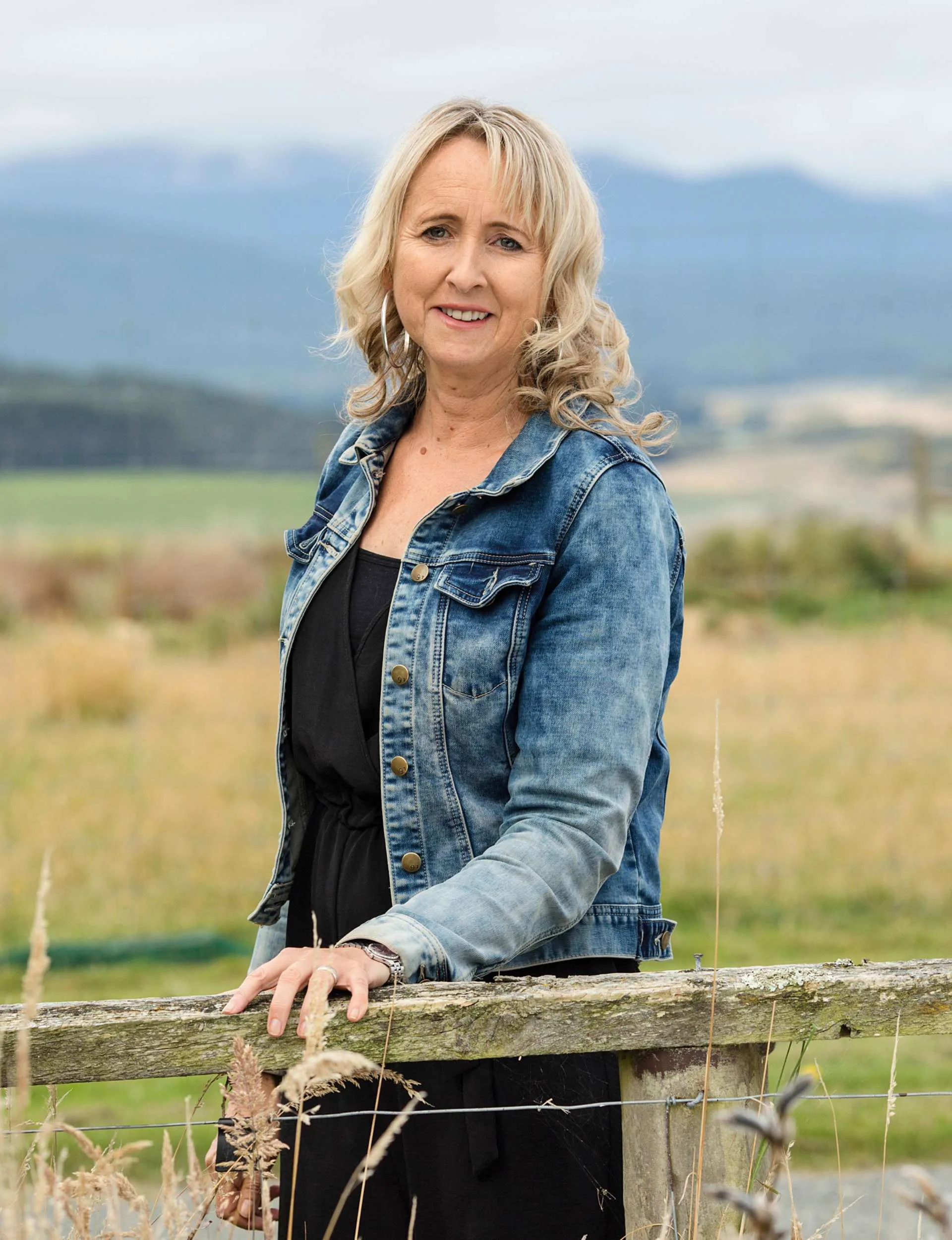
Mental health advocate Kathryn Wright is so passionate about helping rural people across the country that on any given day she could be working with clients online or holding sessions in tractor cabs, trucks, paddocks and sheds.
The Te Anau registered counsellor’s work has shown her that while there’s a need to focus on farm owners’ wellbeing, women and young men really need support too – and often loneliness and isolation are mistaken as the same thing.
“Isolation is primarily a problem for rural women and loneliness is primarily an issue for urban women.
“Isolation is when you have quality relationships, but factors get in the way. Distance, time, fuel costs and work make it hard for you to uphold those relationships. Loneliness is when you are around people but lack any depth of relationship with them.
“Strong positive relationships are the best predictor of good mental health,” says Kathryn. She’s doing her PhD on rural people and wellbeing while also seeing around 18 clients a week. The gender split, she says, is even – busting the generalisation that it’s predominantly older male farmers who are struggling.
For women, children leaving home can often be a catalyst for mental health challenges. “Often empty nesters become more isolated without children in the home,” she says. “Anxiety, brought on by menopause, can also be a challenge.”
As the daughter of Te Anau aviation deer recovery pioneer Dick Deaker, and with husband Dave working on the family’s deer and beef farm, it’s a subject close to her heart. So when she discovered how little research was available about rural mental health, the mum of two knew she could help.
“I felt shocked that there was nothing out there about rural people,” says Kathryn. She was inspired to start long-distance learning 10 years ago while feeling unfulfilled as a commercial cake maker.
“I’m an advocate for people to be able to do these things from home. You can upskill and do something that interests you. I’ve done a double degree, single degree, Masters and now PhD, all by distance. It was hard, but it gave me a sense of direction.”
Living on a farm herself, Kathryn encourages her female clients to build connections and strong relationships. This could be done through groups or volunteering. “It doesn’t have to be a huge gesture that costs lots of money – just go somewhere so you have a connection with people. Do what you love. Your actions should be values-based.”
And there is hope, says Kathryn, who also works teaching health providers to be better “ag-informed”.
“I’m a rural woman and I want to help other rural women. I love what I do.”
Help is here
Need to talk? Free call or text 1737 any time for support from a trained counsellor.
Lifeline – 0800 543 354 (0800 LIFELINE), free text 4357 (HELP) or visit www.lifeline.org.nz.
Youthline – 0800 376 633, free text 234 or email talk@youthline.co.nz or online chat.
Samaritans – 0800 726 666
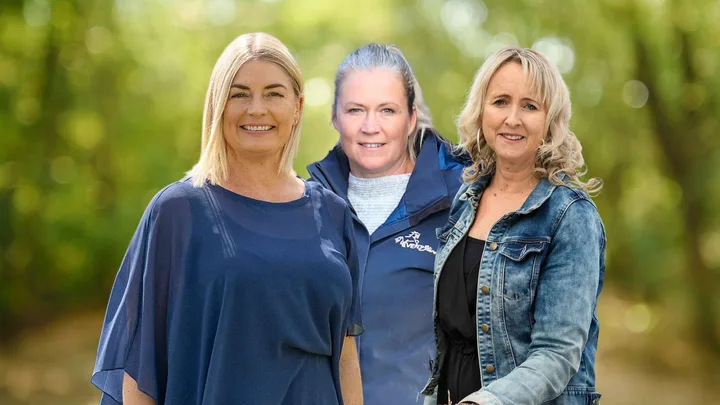 Photos: Tracey Scott, MG Photography
Photos: Tracey Scott, MG Photography
